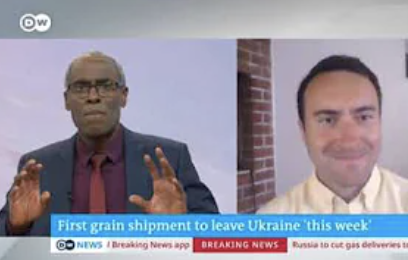
James Hodson Interviews with Deutsche Welle on Ukraine
CEO of AI for Good Foundation, and co-founder of Economists for Ukraine, James Hodson speaks on the impact of Russia’s aggression in Ukraine on grain

CEO of AI for Good Foundation, and co-founder of Economists for Ukraine, James Hodson speaks on the impact of Russia’s aggression in Ukraine on grain
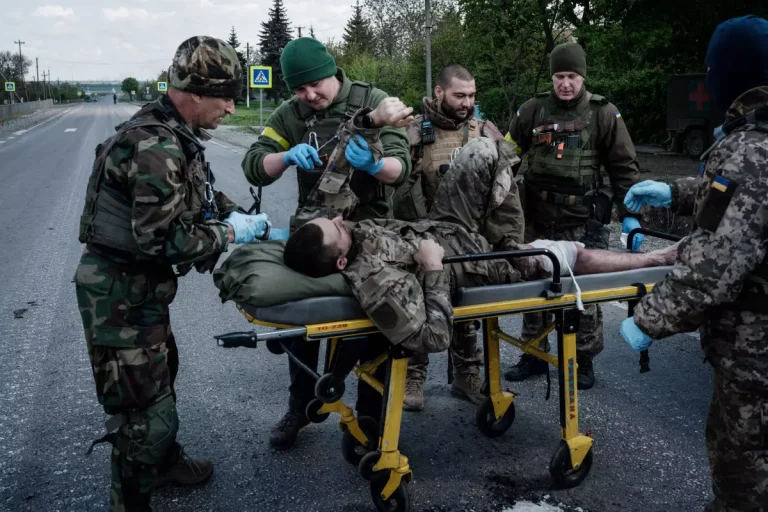
As economists specializing in behavioral economics and game theory, we teach strategic concepts from game theory to our business students. The same ideas can help us understand Russia’s current moves, predict its future behavior and derive the best strategies to achieve long-term goals.
By Anastassia Fedyk and David McAdams
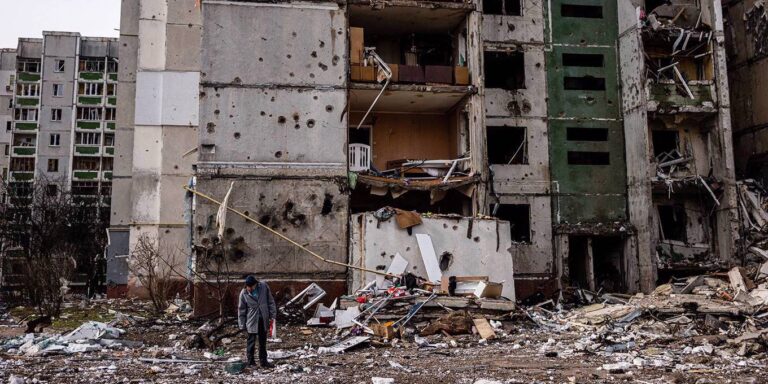
Before significant funds are committed to Ukraine’s reconstruction, it is important to determine who will control and direct the money and how the recovery will be structured. Internal and external transparency will be crucial, as well as planning for a project that could take years.
By Yuriy Gorodonichenko, Anastassia Fedyk, and Ilona Sologoub

In this article we list popular yet erroneous approaches to economic policies, explain what is wrong with them and elaborate on which policies would really
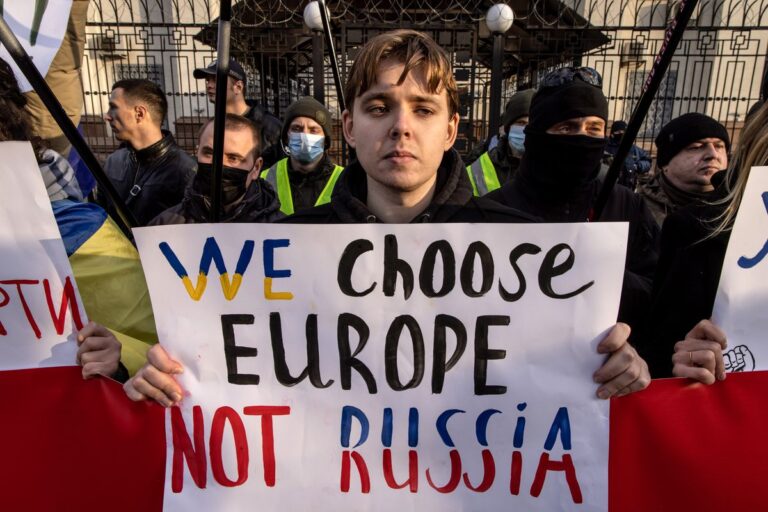
The free world – the “West”, but also democracies in Asia, Africa, and Latin America – must prepare for a future without Putin, a future where Russia justly loses its war of choice and aggression.
By Andrew Kosenko & Ilona Sologoub

The Lugano conference on the reconstruction of Ukraine was a ray of light in the darkness of death and destruction inflicted by the Russian army.
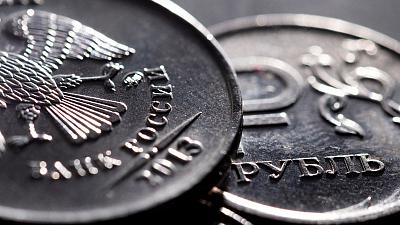
A growing number of U.S. and European firms have chosen to voluntarily cease or suspend their operations in Russia. Are these firms’ managers deciding to divest to help Ukraine and punish Russia? Or are they divesting to help their own firms, under pressure from investors? Our results suggest the latter.
By Anastassia Fedyk & Tetyana Balyuk
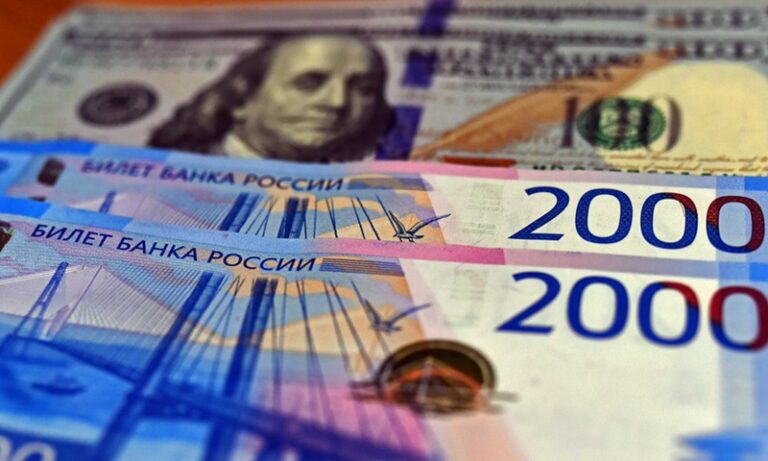
In this paper, we propose further financial sanctions to increase the cost to Russia’s invasion of Ukraine, based on further targeting two key vulnerabilities. The first targets Russia’s reliance on the U.S. Dollar and Western currencies as a reserve currency to back the Ruble. The second vulnerability is the Russian economy’s dependence on the Western financial system for a range of services.
By The International Working Group on Russian Sanctions